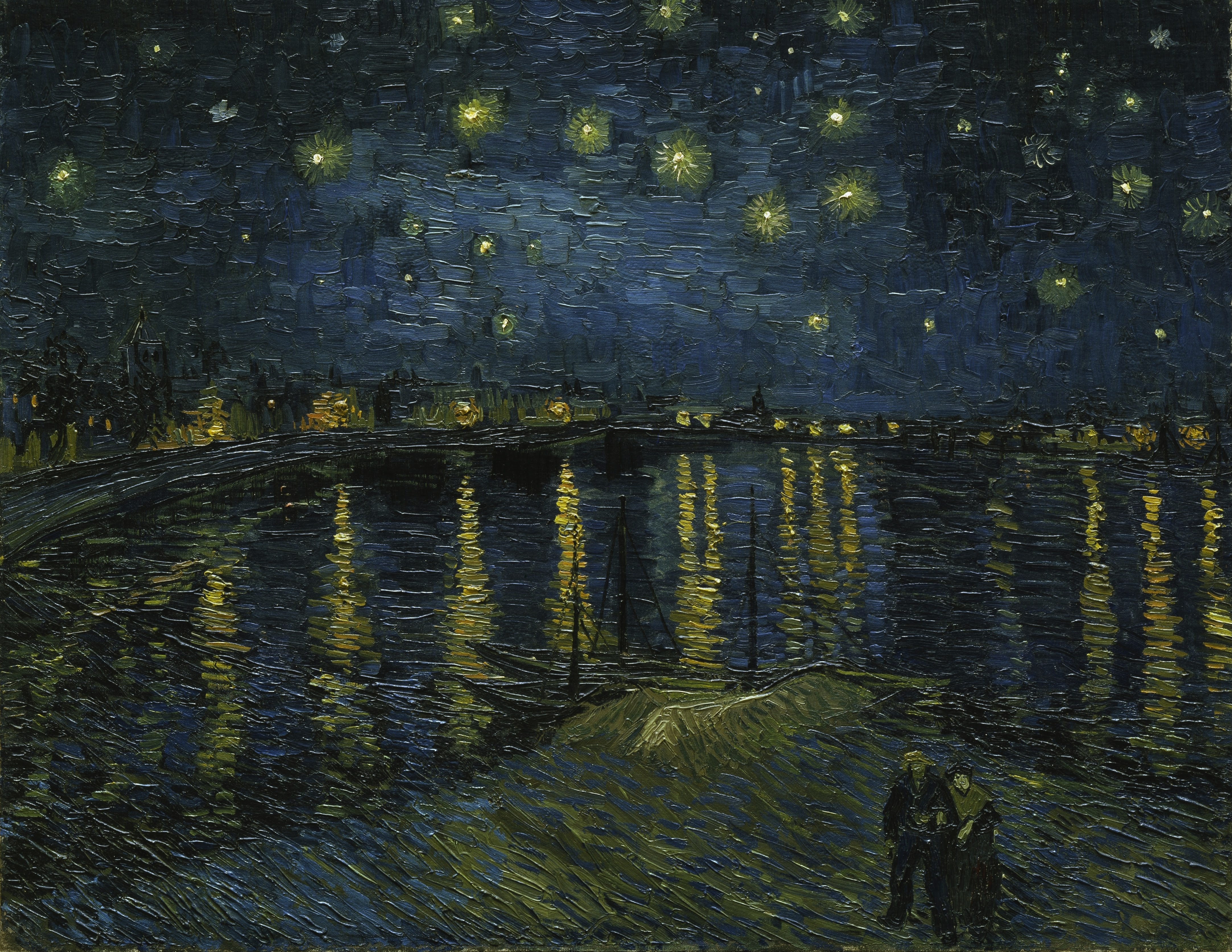Personality in the modern machine age: its fruits and costs, promise and perils, in a time of increasing convention that silences the inner voice.
The yearning for personality has therefore become a real problem that occupies many minds today, whereas in former times there was only one man who had a glimmering of this question – Friedrich Schiller, whose letters on aesthetic education have lain dormant, like a Sleeping Beauty of literature, for more than a century…. Our age has been extravagantly praised as the “century of the child.” This boundless expansion of the kindergarten amounts to complete forgetfulness of the problems of adult education divined by the genius of Schiller. Our whole educational problem suffers from the one-sided approach to the child who is to be educated, and from an equally one-sided lack of emphasis on the uneducatedness of the educator. Everyone who has finished his course of studies feels grown up. He must feel this, he must have this solid conviction of his own competence in order to survive the struggle for existence…. People expect him to be efficient and good at his job and not have doubts about himself and his capabilities. The professional man is irretrievably condemned to be competent….
No one can train the personality unless he has it himself. And it is not the child, but only the adult, who can achieve personality as the fruit of a full life directed to his end. The achievement of personality means nothing less than the optimum development of the whole human being. It is impossible to foresee the endless variety of conditions that have to be fulifilled. A whole lifetime, in all its biological, social, and spiritual aspects, is needed. Personality is the supreme realization of the innate idiosyncrasy of the living being. It is an act of high courage flung in the face of life, the absolute affirmation of all that constitutes the individual, the most successful adaptation to the universal conditions of existence coupled with the greatest possible freedom for self-determination….
Our personality develops in the course of our life from germs that are hard or impossible to discern, and it is only our deeds that reveal who we are. We are like the sun, which nourishes the life of the earth and brings forth every kind of strange, wonderful, and evil thing; we are like the mothers who bear in their wombs untold unhappiness and suffering. At first we do not know what deeds or misdeeds, what destiny, what good and evil we have in us, and only the autumn can show what the spring has engendered, only in the evening will it be seen what the morning began….
The words “many are called, but few are chosen” are singularly appropriate here, for the development of personality from the germ-state to full consciousness is at once a charisma and a curse, because its first fruit is the conscious and unavoidable segregation of the single individual from the undifferentiated and unconscious herd. This means isolation, and there is no more comforting word for it. Neither family nor society nor position can save him from this fate, nor yet the most successful adaptation to his environment, however smoothly he fits in. The development of personality is a favour that must be paid for dearly. But the people who talk most loudly about developing their personalities are the very ones who are least mindful of the results, which are such as to frighten away all weaker spirits.
Yet the development of personality means more than just the fear of hatching forth monsters, or of isolation. It also means fidelity to the law of one’s own being…. But a man can make a moral decision to go his own way only if he holds that way to be the best. If any other way were held to be better, then he would live and develop that other personality instead of his own. The other ways are conventionalities of a moral, social, political, philosophical, or religious nature. The fact that the conventions always flourish in one form or another only proves that the vast majority of mankind do not choose their own way, but convention, and consequently develop not themselves but a method and a collective mode of life at the cost of their own wholeness….
The neurotic’s fear…is therefore justified: it is not imagination, but the consistent expression of the psychic fact that exists in a sphere outside consciousness, beyond the reach of his will and understanding. If he withdrew into the wilderness and listened to his inner voice in solitude, he might hear what that voice has to say. But as a rule the miseducated, civilized human being is quite incapable of perceiving the voice, which is something not guaranteed by the current shibboleths.
Carl Jung, “The Development of Personality,” trans. R.F.C. Hull








Leave A Comment